Food processing is an important industry in India as it helps farmers to earn better. It also employs a large number of people in the country. The food processing industry has been experiencing rapid growth for few years and is expected to continue its growth into the future. The government of India (GOI) has taken various measures to promote this growth including creating policies that encourage investment in the industry and educating the public about food safety.
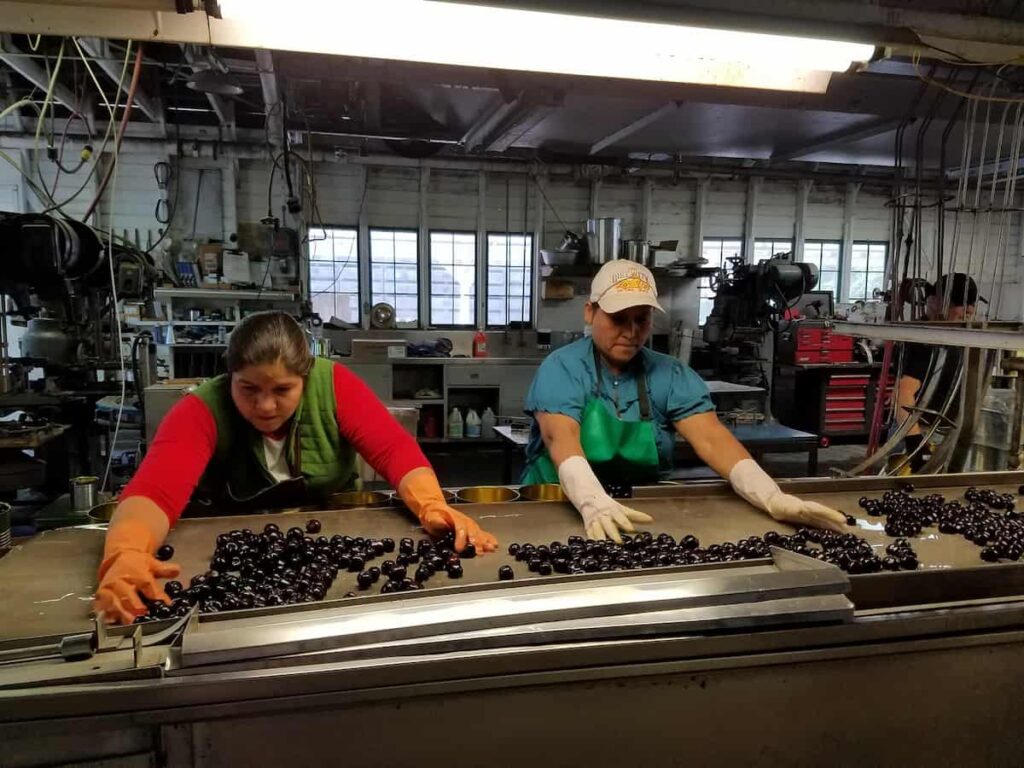
It has set up special economic zones (SEZs) for food processing, provided tax incentives, and established an apex body called the National Food Processing Mission (NFPM). The NFPM promotes investment in the food processing sector, upgrading technology, and improving infrastructure. It is also working on creating a conducive environment for the export of processed foods from India.
How food processing helps farmers to earn better in India
What is food processing?
Food processing is the process of transforming raw ingredients into food or converting food substances into other products. Food processing combines ingredients to create marketable, easily-prepared foods that can be eaten on their own or used as an ingredient in other recipes.
The primary purposes of food processing are to:
- Preserve foods and extend their shelf life
- Make foods more convenient to consume
- Enhance the taste, texture, and appearance of foods
- Improve the nutritional value of foods
The benefits of food processing for farmers
India’s food processing industry is essential to the economy and employs millions of people. It produces products that are consumed by billions of people, every day. The food processing industry is a major source of income for farmers in India. The sector is estimated to contribute around 15% of the country’s GDP. The industry also employs millions of people, including many rural farmers who might otherwise be unemployed. Food processing has many benefits for farmers.
It allows them to sell their products at a higher price, as processed foods are often more expensive than raw ingredients. Processing also extends the shelf life of food products, meaning that farmers can sell their goods for longer. In addition, food processing can add value to agricultural products by creating new and innovative products from existing ones. The food processing industry presents an immense opportunity for India’s farmers. By taking advantage of the sector’s benefits, they can increase their incomes and improve their standard of living.
In case you missed it: Liquid Fertilizer Guide for Plants: How to Apply, Homemade, Types, Vegetables, Herbs, Lawn, Potted Plants, and Indoors
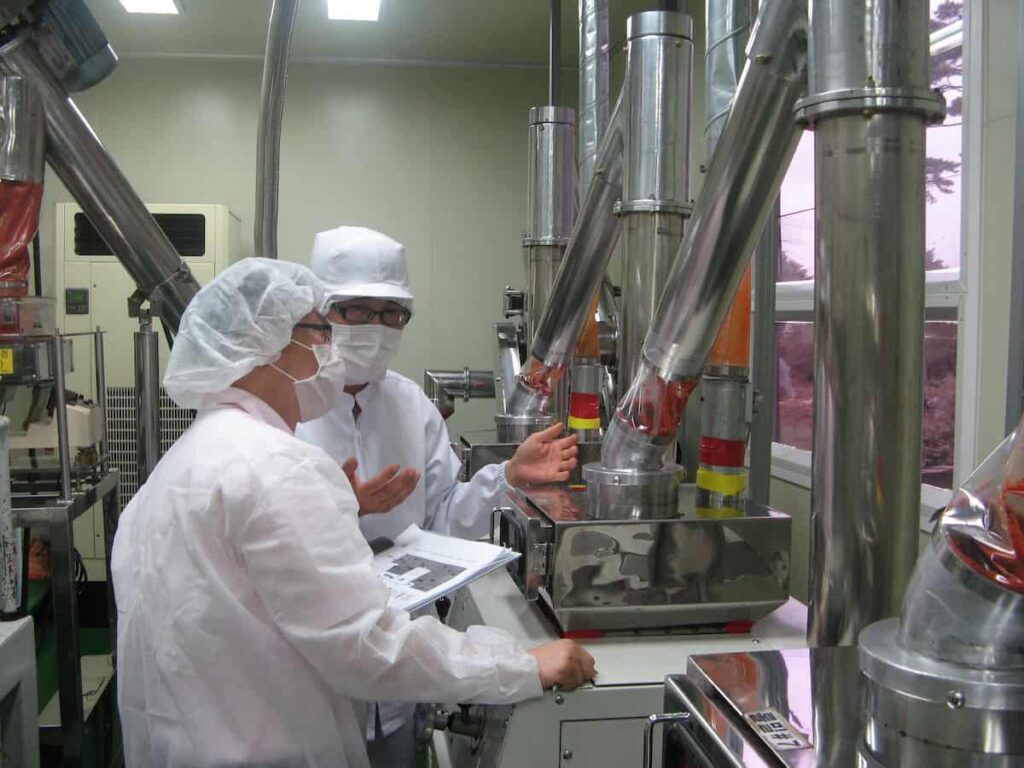
The challenges of food processing in India
This industry in India is still developing and faces many challenges. The significant challenges faced by the food processing industry are:
Lack of infrastructure
The lack of proper infrastructure is one of the biggest challenges facing the food processing industry in India. A lack of cold storage, packaging, and transportation facilities hamper the sector’s growth.
High cost of raw materials
High cost of raw materials another challenge faced by the food processing industry in India. This is because most of the raw materials used in food processing are imported from other countries.
Lack of skilled labor
Another challenge the sector faces is the lack of skilled labor. Most workers in this sector are unskilled and need trained personnel to operate the sophisticated machinery used in food processing.
Stringent regulations
The sector is also subject to stringent regulations from various government agencies, which makes it difficult for new players to enter the market.
How to get started with food processing
In India, food processing is a vast and growing industry. It is an essential part of the country’s economy, accounting for around 14% of the GDP. The sector employs over 4 million people and is expected to create more jobs in the coming years. The food processing industry has immense potential for growth and development. It offers opportunities for farmers to increase their income and add value to their products.
In addition, it helps reduce food waste, which is a major problem in India. Farmers need to understand the various methods and technologies involved to get started with food processing. They also need to identify the right market for their products. Many government initiatives and private companies support and assist farmers interested in starting a food processing business.
In case you missed it: Crop Insurance Role in Driving Smart Digital Agriculture in Africa
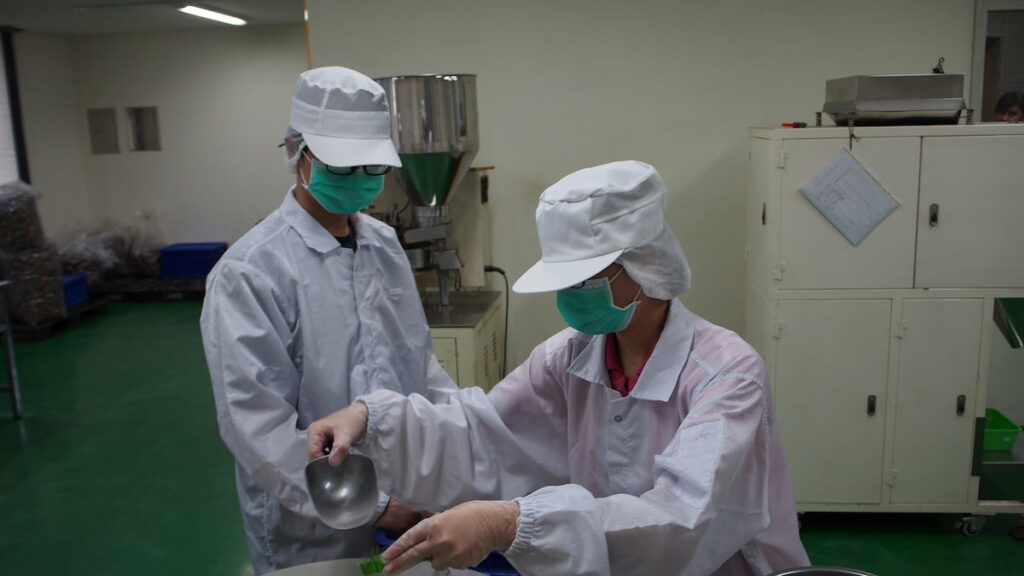
How does food processing increase farmers’ income?
Food processing has been an integral part of India’s agrarian economy and is a key driver of rural development. It increases farmers’ incomes by adding value to agricultural produce and making it more marketable. Food processing also creates jobs in rural areas, contributing to economic development for the country as a whole.
The government has been promoting food processing through various initiatives, such as setting up food parks, providing financial assistance to industry players, and creating awareness about the benefits of processed food among farmers and consumers. The food processing industry is growing at a 7% per annum rate and is expected to reach US$ 258 billion by 2025.
This presents a massive opportunity for farmer-producers to increase their incomes by supplying raw materials to the industry. However, to tap into this potential, farmers must be aware of the various avenues for selling their produce and adopt good agricultural and post-harvest practices. The government’s recent focus on boosting the food processing sector is a welcome move that will benefit farmer-producers across the country.
Why is food processing necessary for farmers?
Food processing is an important activity for farmers as it helps to add value to their products and make them more marketable. It also helps to reduce wastage and ensure that the food produced is of good quality.
There are many benefits of food processing for farmers. It helps them to earn better by adding value to their products and making them more marketable. It also helps reduce wastage and ensure that the food produced is of good quality. Food processing can help farmers to improve their livelihoods and increase their incomes.
Does food processing come under agriculture?
Food processing is a multi-step process involving everything from cleaning and packaging to cooking and preserving. Agriculture is the main source of raw materials for food processing, so it makes sense that these two industries are closely linked. The food processing industry is vital in supporting farmers and the agricultural sector. It adds value to agricultural products and creates employment opportunities in rural areas.
In India, the food processing sector is one of the fastest-growing industries and is expected to create millions of new jobs in the coming years. The government has also been implementing various initiatives to promote the growth of the food processing industry. These include providing financial assistance to set up food processing units, creating infrastructure for storage and transportation, and Skill India programs to train workers.
The growing demand for processed foods in India presents a huge opportunity for farmers to increase their incomes. Farmers can tap into new markets by investing in food processing and selling their products at higher prices. This not only benefits them financially but also helps to improve the quality of life in rural communities.
In case you missed it: Key Rules for Home Gardening in India
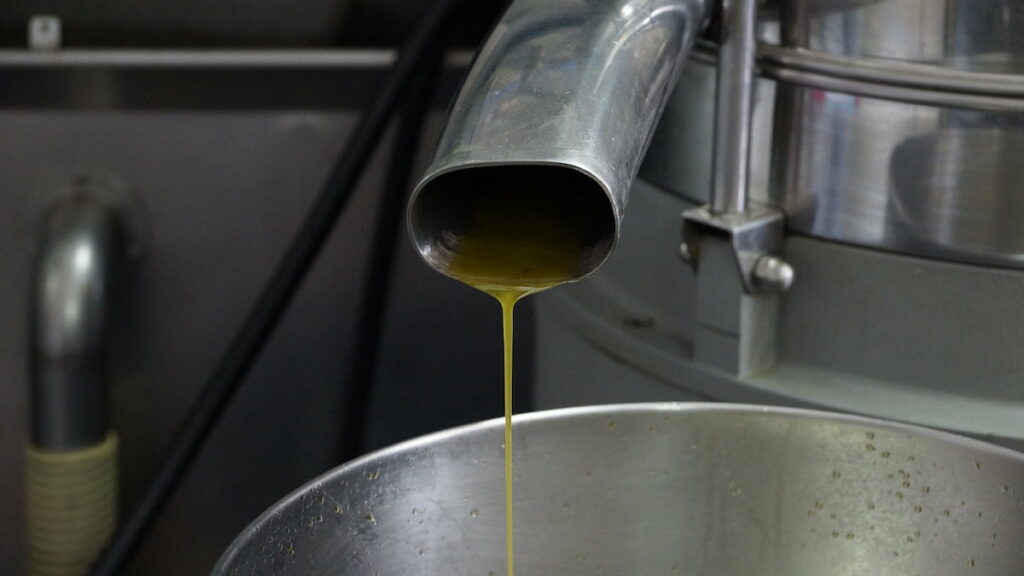
How does food preservation help us financially?
Food preservation is one of the best and most important methods used by farmers to earn better in India. It helps them to keep their produce fresh for a more extended period and also enables them to transport it to distant markets without incurring heavy losses. Food preservation also ensures that the farmer gets a fair price for his produce as it minimizes wastage.
What are the benefits of the food processing industry?
The food processing industry is a boon for farmers as it increases their income and provides them with a stable source of employment. It also helps to preserve food quality and make it more nutritious. The food processing industry also plays a vital role in the economy by providing goods and services essential for society’s functioning.
Food processing industry examples
The food processing industry helps farmers earn better by providing them with a market for their products and creating employment opportunities. The food processing industry has played a important and main role in the development of the Indian economy. Food processing is one of the fastest-growing industries in India and contributes significantly to the GDP. The industry has also created employment opportunities for millions of people.
The food processing industry examples below will show you how this sector can be beneficial for farmers:
Amul
Amul is one of the best and biggest dairy companies in India, and it procures milk from more than 3 lakh farmers across Gujarat. This company employs more than 10,000 people and has helped farmers to improve their economic condition.
Hindustan Unilever
Hindustan Unilever is one of the leading FMCG companies in India, and it sources a large part of its raw materials from farmers. The company has helped many small farmers to become successful entrepreneurs.
ITC
ITC is an agri-business company that sources most of its agricultural products from small & marginal farmers. The company has created a direct link between the farmer’s field & consumer’s kitchen through its e-Choupal initiative. This initiative has benefited more than 4 million farmers across 10 states in India.
In case you missed it: Factors Affect Seed Germination: Germination Stages: Process, Types, Tips for Successful Seed Germination
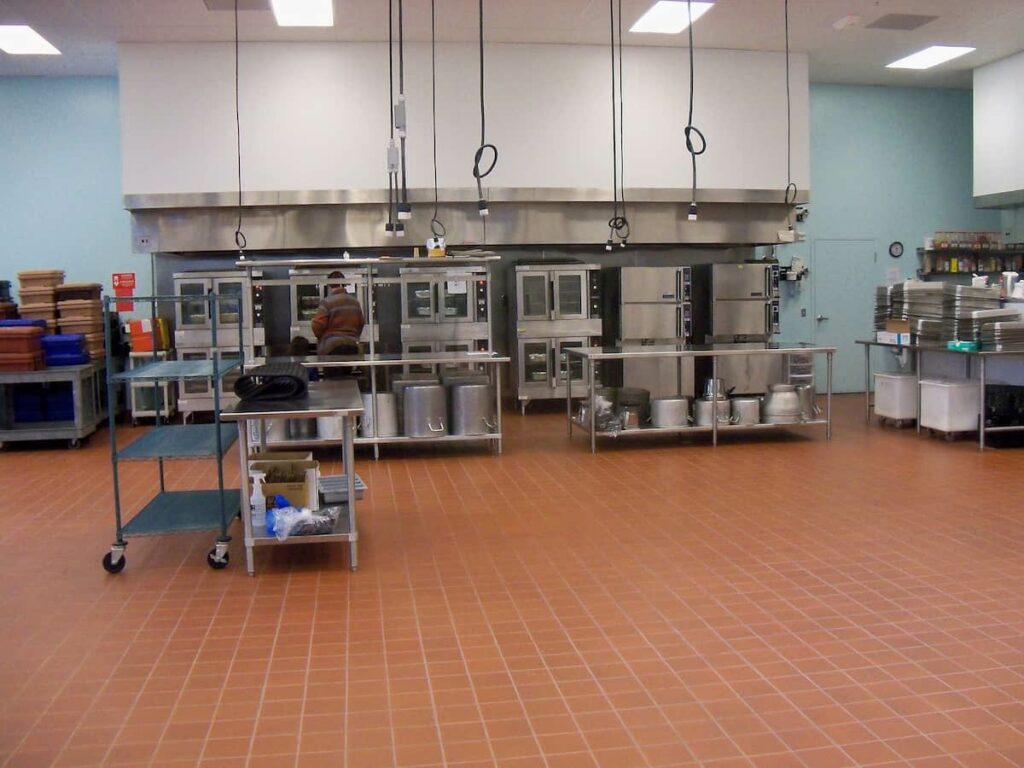
How does food processing contribute to society and the economy?
The food processing industry is critical to the Indian economy and society. It is a key driver of economic growth, employment, and investment. The industry has also significantly contributed to the country’s export competitiveness. The food processing sector in India employs in the country, with over 4 million people.
The sector is also a significant source of foreign exchange earnings for the country, with exports totaling $39 billion in 2017-18. The food processing industry has also been a key driver of rural development in India. The industry has played a significant role in improving farmer incomes and promoting rural entrepreneurship.
What are the 4 types of food processing?
Physical processing
Physical processing involves washing, grinding, chopping, and mixing. These processes change the appearance or texture of food but do not alter its nutrient content.
Chemical processing
Chemical processing alters the nutrient content of food. This process includes adding preservatives, such as salt or sugar, to food to prolong its shelf life.
Biological processing
Biological processing introduces microorganisms to food, which can change its flavor or texture. Examples of biological processing include fermentation (such as in the production of yogurt or cheese) and sprouting (which increases the nutritional value of grains).
Thermal processing
Thermal processing uses heat to cook or preserve food. Canning and pasteurization are two examples of thermal processing.
In case you missed it: Hydroponic Farming at Home: How to Start, Kit, Cost, Best Plants for Home Hydroponics
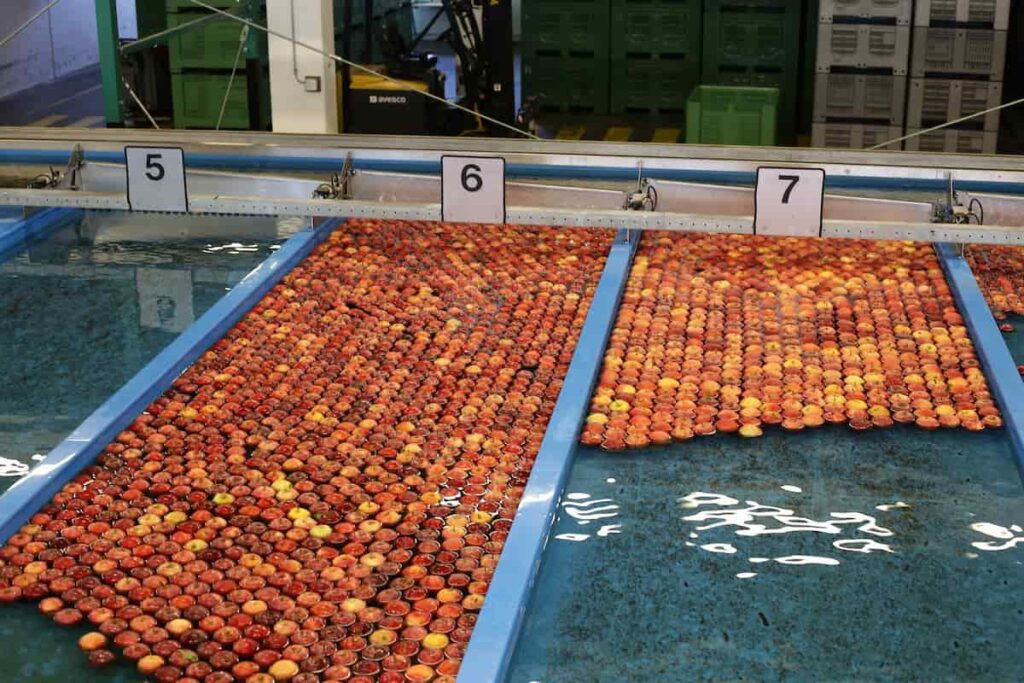
National food processing Policy in India
The National Food Processing Policy, 2019, is a policy of the Government of India to encourage the food processing industry in India. The policy was announced on 10 September 2019 by the Minister of Food Processing Industries. The policy aims to increase the food processing level from 20 percent to 35 percent and create employment for 15 million people by 2025.
This national food policy aims to make India a global food processing leader and create an ecosystem enabling investments in the sector. The policy also looks to develop a food processing infrastructure and build human resources. To achieve its goals, the policy offers incentives for investments in food processing, including subsidies, tax exemptions, and easier access to credit. The policy also establishes an institutional framework for coordinating different ministries and agencies involved in food processing.
Conclusion
In conclusion, food processing is an excellent way for farmers to earn better incomes in India. Farmers can add value to their crops and sell them at higher prices by processing their food products. Not only does this provide a much-needed boost to farmers’ incomes, but it also helps improve rural communities’ quality of life by providing employment opportunities and access to healthier foods.
- Management Pests and Diseases in Your Cotton Field
- Sheep Farming Business Plan for Beginners
- Aquaponic Farming at Home: A Step-By-Step Guide
- Profitable Village Farming Business Ideas in 2024
- High-Yield Aquaculture: Fast-Growing Fish for Farming
- Effective Fish Pond Construction Techniques for Beginners
- Irrigation and Water Management in Pineapple Farming
- Blossom to Harvest: Mastering Flowering and Pollination in Papaya Farming
- Pig Fattening Essentials: From Selection to Sale for Beginners
- Raising Wagyu Cattle: A Complete Guide for Premium Beef Production
- Soil Types and Their Water Holding Capacity
- Optimizing Irrigation Schedules for Coconut Groves for Enhanced Yield
- Espresso Your Garden: Coffee Grounds for Healthier Acid-Loving Plants
- The Best Soil Mix for Snake Plants: How to Mix Your Own Snake Plant Soil
- Green Thumb Success: Expert Tips for Cultivating Greenhouse Beans All Year Round
- Bloom All Year Round: The Ultimate Guide to Indoor Hyacinth Care
- Eco-Friendly Gardening: How to Make Liquid Fertilizer from Kitchen Waste
- Ultimate Guide to Grow Anise in Pots: Explore Seed Propagation to Harvesting
- Guide to Raising Chester White Pigs: Discover Breed Facts to Growth Management
- Mastering the Elegance: The Ultimate Guide to Weeping Cherry Tree Care, Planting, and Maintenance
- Ultimate Guide to Planting Garlic in Grow Bags: Growing Strategies for Beginners
- How to Fix Spider Plant Leaf-Related Problems: Natural and Organic Remedies
- 10 Reasons Why Your Tulsi Plant is Shedding Leaves: Home Remedies and Solutions
- Optimizing Growth and Yield: The Advantages of Palm Bunch Ash Fertilizer
- Utilizing Neem Oil Extract as a Natural Pesticide for Hydrangea
- From Soil to Harvest: Various Ways in Which Farmers Can Use AI Tools
- Steps to Encourage and Induce Citrus Flowers: A Comprehensive Guide
- How to Fix Snake Plant Leaf-Related Issues: Natural and Organic Remedies
- Transform Your Garden into a Fragrant Oasis with Raat Ki Rani (Night Blooming Jasmine)
- Discover the Ideal Chicken Breeds for Philippine Farms
- How to Create a Poultry Egg Farm Business Plan for Profits
- Grow Lemon Cucumbers Like a Pro: Insider Techniques for Bountiful Yields
- Ultimate Guide to Caring for Your Pink Princess Philodendron: Tips for Thriving Variegation
- Areca Nut Profit Per Acre: Calculating Yield and Cost of Cultivation
- How Kaveri Chicken is Becoming a More Profitable Breed in Indian Backyards
- Transform Your Barn: 9 Steps to Convert a Horse Stall into a Chicken Coop
